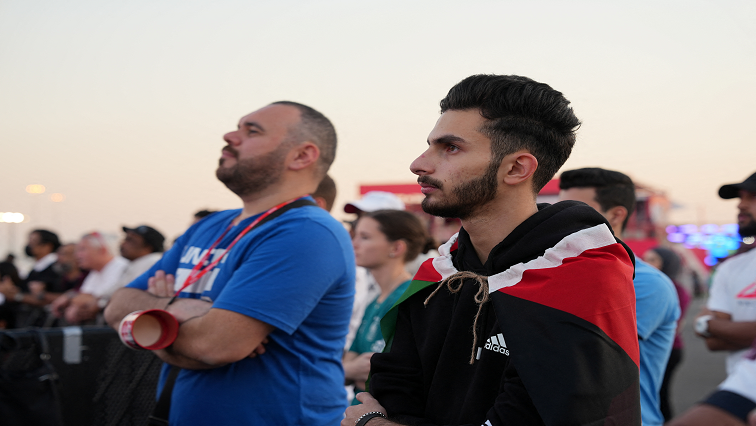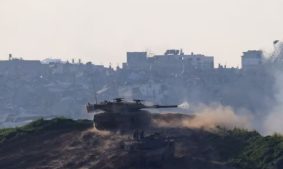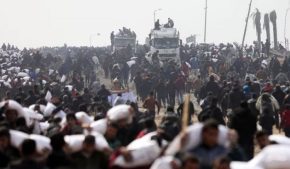The first World Cup in the Middle East has become a showcase for the political tensions crisscrossing one of the world’s most volatile regions and the ambiguous role often played by host nation Qatar in its crises.
Iran’s matches have been the most politically charged as fans voice support for protesters who have been boldly challenging the clerical leadership at home. They have also proved diplomatically sensitive for Qatar which has good ties to Tehran.
Pro-Palestinian sympathies among fans have also spilt into stadiums as four Arab teams compete. Qatari players have worn pro-Palestinian arm-bands, even as Qatar has allowed Israeli fans to fly in directly for the first time.
Even the Qatari Emir has engaged in politically significant acts, donning a Saudi flag during its historic defeat of Argentina – notable support for a country with which he has been mending ties strained by regional tensions.
Such gestures have added to the political dimensions of a tournament mired in controversy even before kickoff over the treatment of migrant workers and LGBT+ rights in the conservative host country, where homosexuality is illegal.
The stakes are high for Qatar, which hopes a smooth tournament will cement its role on the global stage and in the Middle East, where it has survived as an independent state since 1971 despite numerous regional upheavals.
The first Middle Eastern nation to host the World Cup, Qatar has often seemed a regional maverick: it hosts the Palestinian Islamist group Hamas but has also previously had some trade relations with Israel.
It has given a platform to Islamist dissidents deemed a threat by Saudi Arabia and its allies, while befriending Riyadh’s foe Iran – and hosting the largest U.S. military base in the region.






